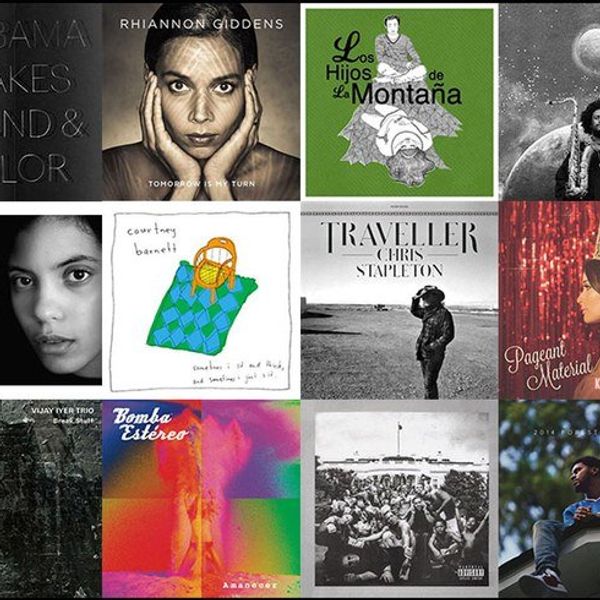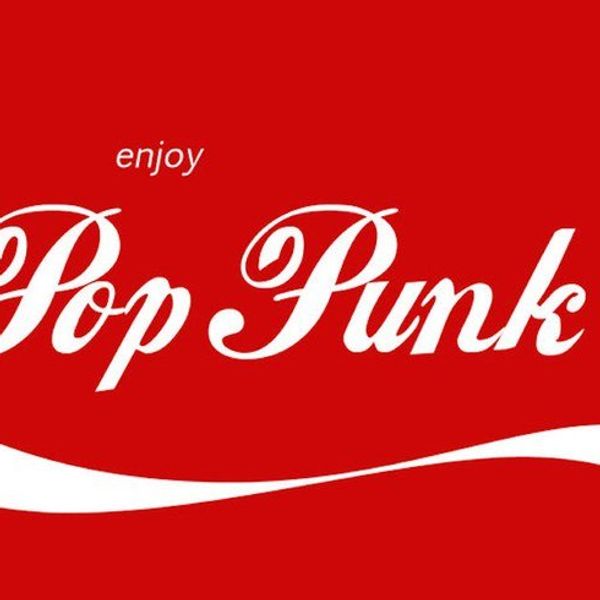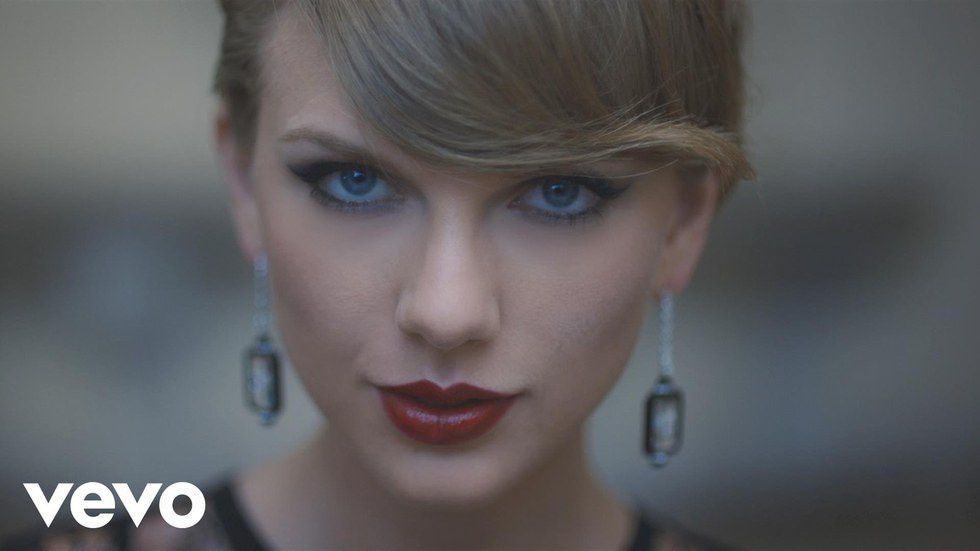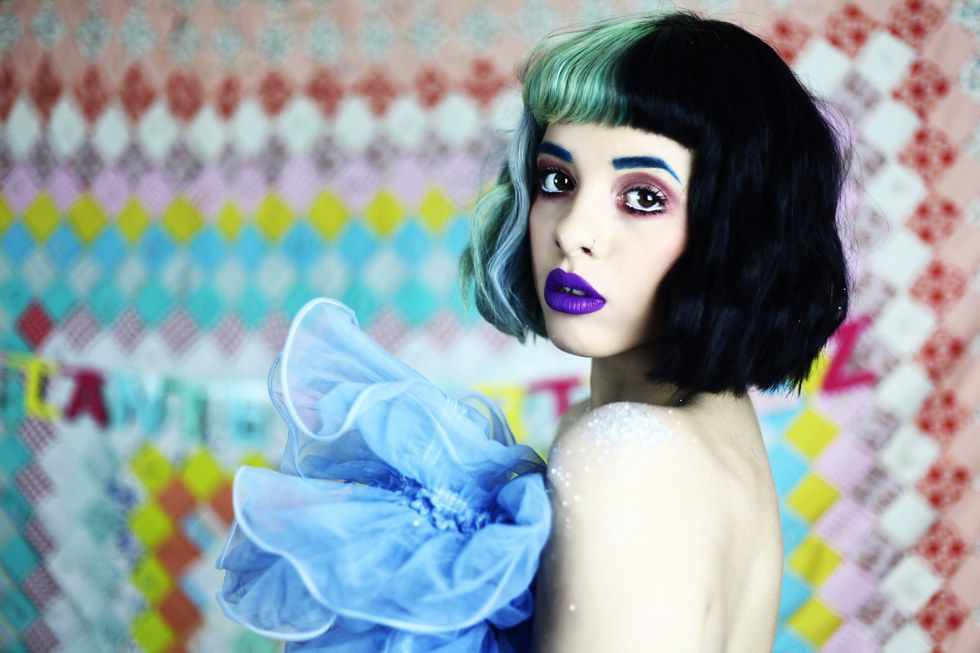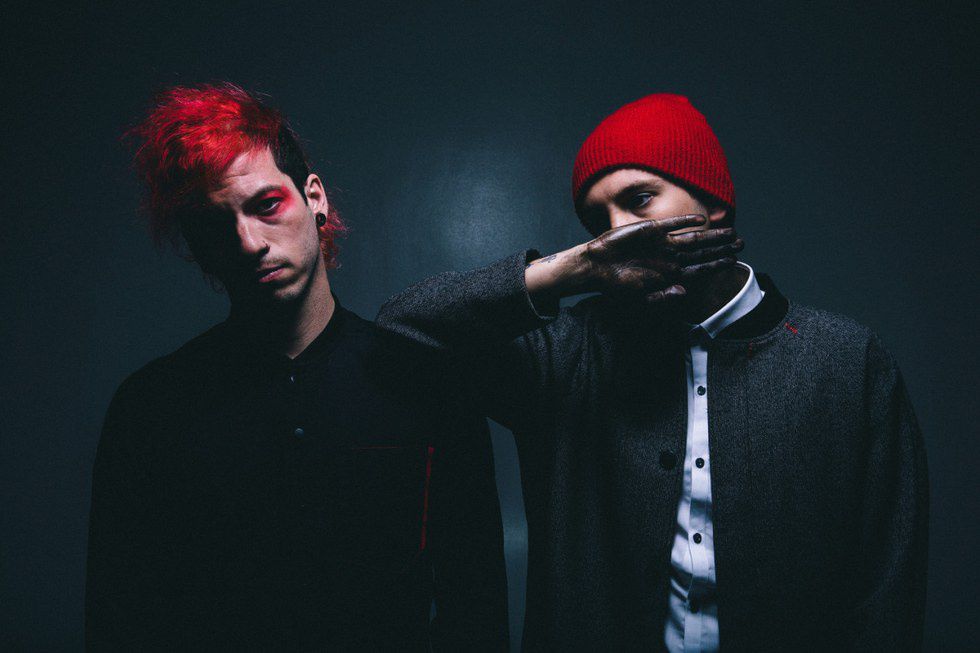I know that for as far back as my memory will take me, music has always been a central part of my life. Throughout elementary and middle school, hour-long car rides on the weekend to Chinese school, piano lessons and art classes consisted of listening to endless tracks of my dad's favorites: The Beatles, ABBA, Elton John and other oldies. I also played the piano starting at the age of 5 and continued for many years until I switched to the violin in 8th grade, transitioning from playing mostly solos and duets to playing in an orchestra. Suffice it to say that even if I wanted to escape music, I couldn't. And for these reasons, it became my escape.
Ever since I received my first iPod in 5th grade, I was able to (literally) carry music around everywhere, and you would rarely see me without my silver Nano in hand. During my middle school years, I would scour the iTunes charts for the latest hits by Lady Gaga, Katy Perry, Bruno Mars and - as much as I regret to admit it - Justin Bieber. Mainstream pop and hip-hop surely dominated my musical taste back then. Although that is no longer the case, I still tune in to the radio and enjoy tracks by Sia, Maroon 5 and Taylor Swift. It wasn't until my sophomore year of high school that I discovered a new genre of music that I have come to love: alternative.
For someone like me who dislikes labels, saying that alternative music is my favorite seems most fitting. When the genre first developed in the 1960s, it was fixed in the confines of underground music, which grew against mainstream rock, hence "alternative". However, the ensuing decades have seen the genre flourish into a style that encompasses any music outside of the status quo. Not necessarily music that is overplayed on the radio but music whose sound differs from anything else. You can have alternative rock, alternative pop, alternative [insert traditional music genre here], but what each style has in common is that it doesn't play by the rules of its mother genre. Rather, it uses those rules as a foundation on which to create something else, something unique. As Pablo Picasso once said,
"Learn the rules like a pro, so you can break them like an artist."
The loose, catch-all definition for alternative music has given it a so-called "identity crisis", but that is the beauty of it. There is no right or wrong meaning for alternative music. When I listen to a song characterized as alternative, it feels as if the artist chose to embark on an unpaved path. Straying from the status quo is difficult when almost anywhere you go - the mall, a restaurant, a party - you hear the same sounds. This makes what musicians under the alternative umbrella do so deserving of praise.
As I ponder over some of my favorite alternative artists, I realize that they lack a common theme or style. James Bay's music exudes rock-and-roll vibes but diverges from traditional rock with his soulful, folksy tone. Certain songs like "Incomplete" and "Best Fake Smile" are on the same album yet have clearly disparate sounds.
Melanie Martinez has arguably one of the strangest, most distinctive voices I have encountered. People classify her music as "dark pop", an appropriate category considering her abundant use of euphemisms for subjects typically considered touchy. Her whimsical imagination apparent in her music makes it one-of-a-kind.
Another favorite of mine is Twenty One Pilots. This duo's music aligns with the sounds of numerous genres - rap, indie, pop, you name it - that it might as well make up an entirely separate category of its own. Just listen to "Heathens", "Tear In My Heart" and "Trees", and you will know exactly what I'm talking about.
Other artists like The 1975, Lorde and Florence + The Machine fall in the same dynamic and shaky boat. Although all of these musicians have varying musical influences and embody their own inimitable traits, when taken collectively, they share an existential background of freedom and authenticity that allows them to define music on their own terms and against guidelines that were laid out by their predecessors. It allows them to define music as alternative.
As Urban Dictionary accurately put it:
"Alternative music is a music genre for those who have no music genre."

